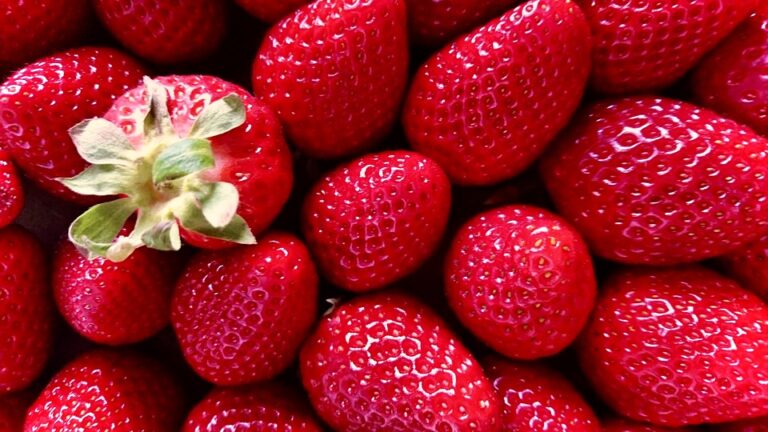As parents and caregivers, one of the biggest challenges we face is encouraging our preschoolers to eat healthy foods. With picky eaters and little ones who are often more interested in playing than eating, it can be tough to get them to eat a balanced diet. However, instilling healthy eating habits at a young age is crucial for their overall health and development. The good news is that there are fun and creative ways to encourage healthy eating habits in preschoolers that can make mealtime a more enjoyable and nutritious experience for everyone.
Nourishing young minds and bodies starts with providing a variety of healthy foods that are appealing and engaging for your little ones. Here are five tips to help you encourage healthy eating habits in preschoolers:
1. Make Mealtime Fun and Interactive
One of the best ways to encourage healthy eating habits in preschoolers is to make mealtime fun and interactive. Get your little one involved in meal preparation by letting them help wash fruits and vegetables, stir ingredients, or set the table. You can also use cookie cutters to make fun shapes out of sandwiches or fruits, or create colorful and creative food presentations on their plates. Making mealtime a fun and engaging experience can help your preschooler develop a positive attitude towards healthy foods.
2. Offer a Variety of Healthy Foods
It’s important to expose your preschooler to a wide variety of healthy foods from an early age. Offer a rainbow of fruits and vegetables, whole grains, lean proteins, and dairy products to ensure they are getting all the nutrients they need for growth and development. Introducing new foods regularly can help expand their palate and make them more willing to try different healthy options. Be patient and persistent, as it may take several tries before they develop a taste for certain foods.
3. Set a Good Example
Preschoolers are often curious and observant, so it’s important to set a good example when it comes to healthy eating habits. Show your little one that you enjoy eating a variety of nutritious foods by including them in your own meals and snacks. Avoid making negative comments about foods you don’t like, as this can influence your preschooler’s attitudes towards those foods. Instead, focus on modeling positive eating behaviors and attitudes towards healthy foods.
4. Limit Junk Food and Sugary Drinks
While it’s okay to indulge in treats occasionally, it’s important to limit junk food and sugary drinks in your preschooler’s diet. These foods are often high in empty calories and can displace more nutritious options. Instead, offer healthier alternatives such as fruits, vegetables, whole grains, and lean proteins as snacks. Encourage your little one to drink water or milk instead of sugary beverages, and save treats for special occasions to help promote a balanced and healthy diet.
5. Make Healthy Eating a Positive Experience
Finally, it’s important to make healthy eating a positive experience for your preschooler. Avoid using food as a reward or punishment, as this can create unhealthy attitudes towards eating. Instead, praise and encourage your little one when they try new foods or make healthy choices. Focus on the benefits of eating nutritious foods, such as providing energy and strength for playtime, and let them know that healthy eating can be delicious and enjoyable.
Incorporating these tips into your daily routine can help encourage healthy eating habits in preschoolers and set the foundation for a lifetime of good nutrition. Remember that every child is different, so be patient and flexible as you navigate the journey of nourishing young minds with healthy foods. By making mealtime fun and interactive, offering a variety of healthy foods, setting a good example, limiting junk food and sugary drinks, and making healthy eating a positive experience, you can help your preschooler develop lifelong habits that support their overall health and well-being.
Fact list:
– Preschoolers need a variety of nutrients for growth and development, including vitamins, minerals, proteins, and carbohydrates.
– Children who eat a balanced and nutritious diet are more likely to have better focus, concentration, and energy levels.
– Instilling healthy eating habits at a young age can help prevent chronic diseases such as obesity, diabetes, and heart disease later in life.
– The American Academy of Pediatrics recommends that preschoolers get their nutrients from a variety of sources, including fruits, vegetables, whole grains, lean proteins, and dairy products.
– Encouraging preschoolers to try new foods and develop a taste for healthy options can help promote a positive relationship with food and eating.







